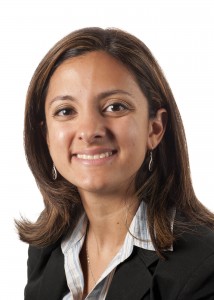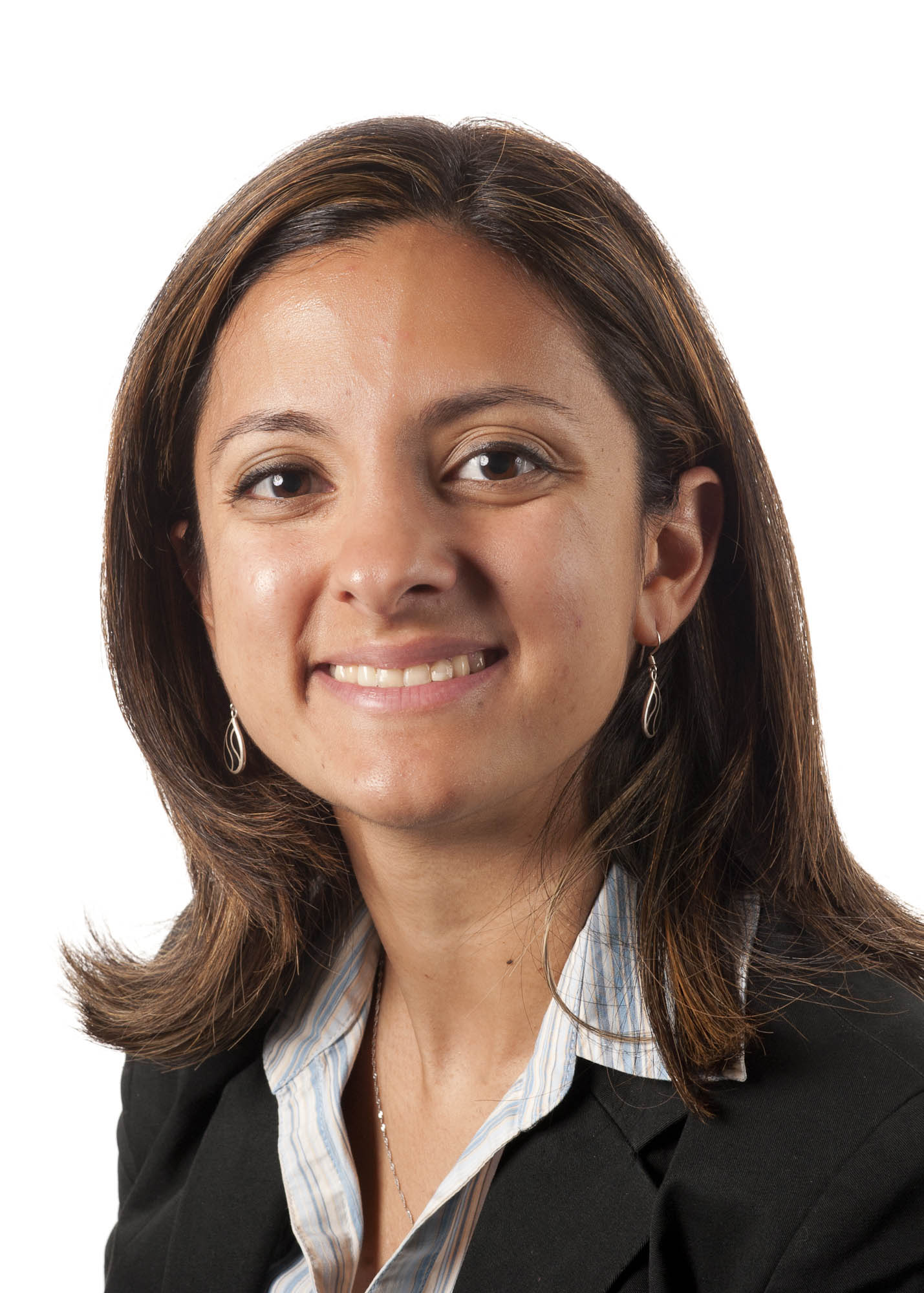 Pegah Javidpour Taylor graduated with degrees in BHP and MIS in 2007. She is now the principal for KIPP CONNECT Houston Middle School in Houston. The school will serve 108 5th grade students in Fall 2014, and will ultimately grow to serve approximately 430 students from the Sharpstown and Gulfton neighborhoods of southwest Houston. Pegah believes that all students in this world deserve an excellent education, and she has made her life’s work to try to end the injustice that is hindering this.
Pegah Javidpour Taylor graduated with degrees in BHP and MIS in 2007. She is now the principal for KIPP CONNECT Houston Middle School in Houston. The school will serve 108 5th grade students in Fall 2014, and will ultimately grow to serve approximately 430 students from the Sharpstown and Gulfton neighborhoods of southwest Houston. Pegah believes that all students in this world deserve an excellent education, and she has made her life’s work to try to end the injustice that is hindering this.
You started at KIPP through Teach for America right after college. Why did you decide to go to TFA?
It started with doing Business in Brazil, a McCombs study abroad program, after my freshman year. I was starting to pay attention to when I was just taking notes in class for learning and when I was actually passionate about what I was learning. One of the things we learned about in the program was education issues in low-income areas of Brazil, and how so many children didn’t have access to education after primary school. I was very interested in that topic and realized I was passionate about education and mentoring.
When I returned to McCombs, I signed up for the Bridging Disciplines Program which allowed me to combine my interest in education with my interest in business. Through the program, I was able to have internships in the education field that counted for business credits. I had a few internships, including ones with Teach For America’s Human Resource Department, the Texas Higher Education Coordinating Board and the Dept. of Education in Washington, DC through the Archer Program. Through my internships in education policy, I realized that as much as I loved working on a level that was impacting students across the nation, what I really wanted was to work directly with children. So I joined Teach for America after I graduated college, so I could have a direct impact on kids at the classroom level.
KIPP serves students from low-income families. Tell me more about their model and what makes their schools unique?
KIPP caters to low-income families or those who do not have access to resources other more affluent families may have. The students are in school longer, which helps them catch up since they tend to come in more behind. Research says that the discrepancies in children’s knowledge, experience, and parent-child interaction lead to children from high-income families being exposed to 30 million more words than children from low-income areas. The students also don’t always have access to extracurricular activities, so KIPP offers that during the school day. Another difference is that we have a KIPP Through College program, so our students are tracked starting in 8th grade to make sure they have the support they need to go to and through college. We are very focused on student achievement, but in a well-rounded way. We teach character in addition to academics, which is unique.
You have been with KIPP for six years now. What do you love about working for KIPP.
I love the staff. Because of our extended hours, extended school year, and unique mission, there is a special breed of teachers that are attracted to the school. They have a similar mindset. They believe that every student has the ability to learn and go to college. It is amazing to see the growth of our students over time. We work really long days, so to have that to get up to is great.
You are in your third year of the KIPP School Leadership Program. Tell me more about that.
I am a Fisher Fellow this year through the KIPP School Leadership Program. It is my third year in the program. The first year, I was in a training program for Grade Level and Department Chairs, and the second year, I was in a training program for Assistant Principals. It is a fellowship for any person nationwide starting a KIPP school. You get a year to plan when you open a new KIPP school. I traveled to about 30 schools across the nation to come up with my structures for the classes and the culture of our new Houston campus school. We also have ongoing programming to cover different topics, such as budgeting and hiring. It all started with a five-week summer institute with courses taught by experts in various fields, including business, education and sociology. There are 18 other people like me opening up KIPP schools this year, but I am the only one in Texas. This varies year-to-year based on specific growth plans of the different KIPP regions across the nation.
What has been the most meaningful accomplishment for you so far in your career?
My first year of teaching I had tremendous student achievement in my 8th grade math class. They had the highest achievement of any class in the district. One student in particular represents so much to me. She came in with very low scores and told me she was not a “math student.” In that year, I saw what was truly possible with any kid. She struggled in many ways, but she grew so much both in character and in math abilities. More importantly, she proved to herself what she can be capable of. That is why I do this work. She reminds me that all the work I do is for students like her who don’t believe in themselves, but then show themselves they can achieve.
How do you think BHP prepared you for what you are doing now?
Having a business background has really helped me manage all the different aspects of my job. Sometimes I feel like I am running a small city. The BHP community helped me turn a huge campus at The University of Texas into a small family. I made great connections through the program. BHP also gave me a vision of what I wanted my students to be able to achieve. BHP helps me see what amazing high school seniors need to be capable of to have a great college experience and opportunities.
What advice do you have for current BHP students?
I always followed my passion for education and kids. I suggest students do what they are passionate about and not feel like they are wasting a degree if they do not follow the traditional route. Their business skills can be applied no matter which field they go into. . I am so glad I have followed my heart, and it is okay to be non-conventional. You want your job to feel like something you would do if you weren’t getting paid for it. So, think about the different organizations you are involved in now and the parts of your day you choose to do. Those parts of the day will usually show you what you would do even if you weren’t getting paid. This way you can turn what you love doing into a career or weave it into your full-time job.

